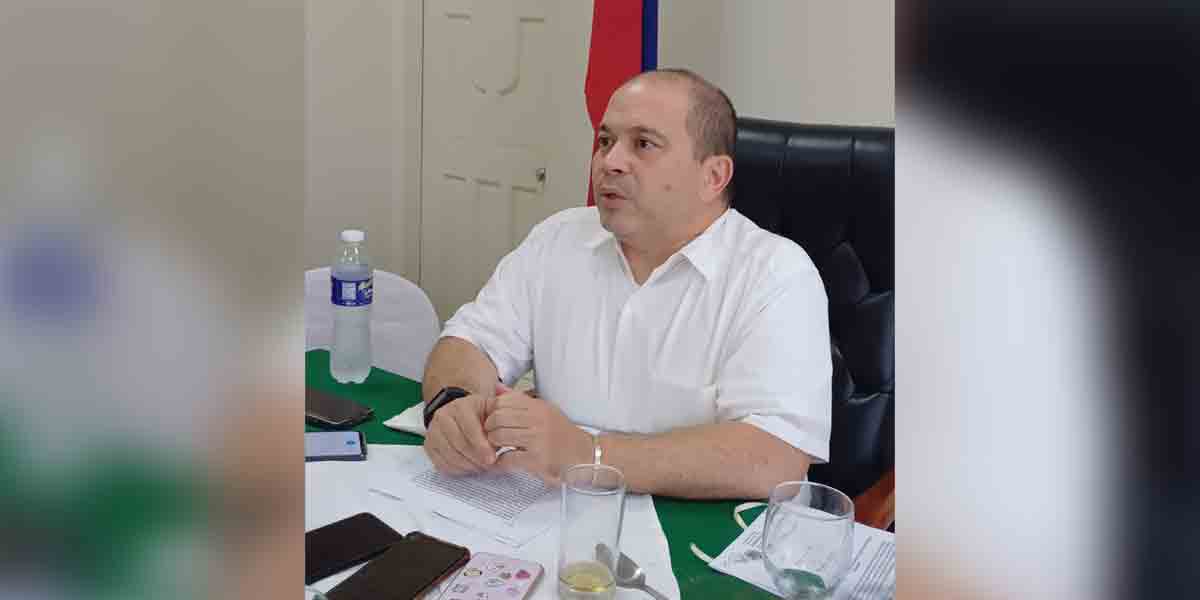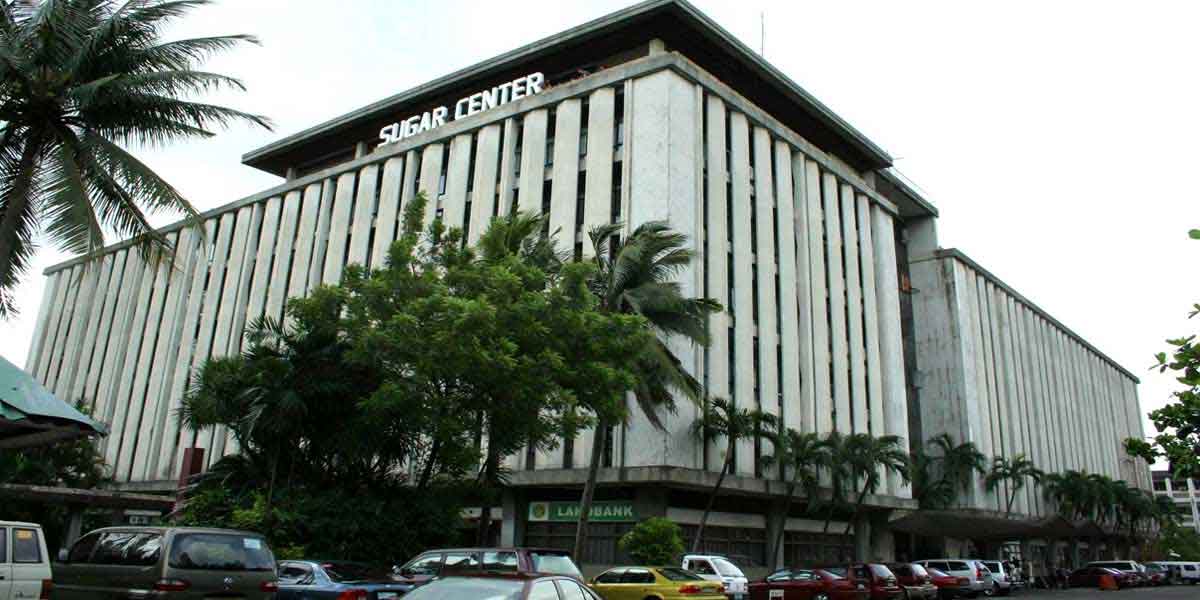Renewable energy developers in the Philippines have called on the Department of Energy (DOE) to establish clear guidelines before terminating non-performing service contracts. The DOE recently announced it would review and potentially cancel up to 105 renewable energy (RE) projects that have failed to meet timeline requirements. Industry leaders, however, cautioned that delays often stem from bureaucratic hurdles and limited grid capacity, which must be considered in any assessment.
Developers of Renewable Energy for AdvanceMent (DREAM) President Jay Layug and Philippine Solar and Storage Energy Alliance (PSSEA) Chair Tetchi Capellan expressed support for the DOE’s initiative but emphasized the need for parameters to ensure fairness.
“I agree for the DOE to review and clean out non-performing contracts. This will free up grid access and allow serious developers to implement the projects,” said Capellan. “But there has to be some parameters on the performance review, particularly the delays or lack of action on the part of government agencies that prevent contracts from progressing. Accountability has to be clearly established.”
According to the DOE, contracts that fail to demonstrate compliance with project milestones may face termination, potentially opening opportunities for new players. Energy Undersecretary Rowena Cristina Guevara said that contracts deemed non-performing would be reallocated to developers with the capacity to advance the projects.
“If any contracts are deemed non-performing, we will open them up to new developers who can effectively bring these projects into fruition,” Guevara said. “This strategy not only accelerates the development timeline but also strengthens investor confidence in the country’s renewable energy goals.”
Many of these stalled projects were awarded between 2017 and 2019, and common reasons for delays include challenges in securing possessory rights and unfavorable system impact studies, which suggest limited grid connectivity for new capacity.
Layug acknowledged the DOE’s intent to streamline the sector but urged the government to exercise caution. “As the government actively pushes for RE, we hope however that the DOE considers the following: one, terminate only those contracts that are indeed non-performing in terms of pre-development and securing permits [those which have no activity whatsoever]; two, consider lack of or insufficient transmission capacity on the targeted commercial operations date as acts of force majeure and accordingly adjust the RE contract term,” he said.
He added that RE service contracts should primarily serve as platforms to assess the feasibility of specific renewable energy resources. “The industry players are ready to invest funds in the RE sector,” Layug added, stressing the private sector’s commitment to renewable development if supported by fair regulatory policies.
Meralco PowerGen Corp. (MGen), the power generation unit of Manila Electric Co. (Meralco), also voiced its approval of the DOE’s move, highlighting that stalled projects hinder overall RE capacity targets. MGen President Emmanuel Rubio said, “These projects are occupying a space in GEA [Green Energy Auction]-1 and GEA-2,” referring to the DOE’s Green Energy Auction program, which aims to increase renewable energy capacity.
“So, if they don’t deliver on these projects, these are capacities that are needed by the grid,” Rubio explained. “Now that they have been terminated, I think the next move for DOE is to revisit how they’re going to fill this up… Because it is a void.”
Rubio also suggested the DOE review pricing mechanisms under GEA-1 and GEA-2, particularly for solar projects that started at lower rates per kilowatt-hour. “We started with low per kilowatt-hour prices, particularly on solar. So, I think these are the things that the DOE needs to consider moving forward,” he said, underscoring the challenges of maintaining profitability amid low initial pricing.
The DOE’s initiative aligns with the Philippines’ goal of increasing renewable energy sources to 35% of the country’s energy mix by 2030, as outlined in the National Renewable Energy Program (NREP). However, developers stress that success hinges on government accountability in resolving regulatory delays and providing grid access.
As the DOE moves forward, developers remain optimistic but vigilant, hoping that clear and balanced policies will foster greater RE investments while addressing persistent barriers in the sector.



















